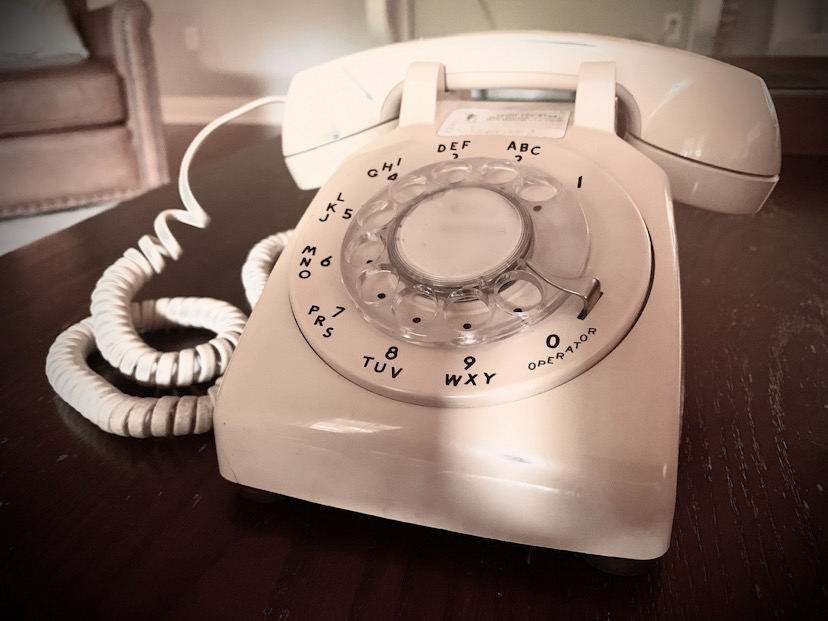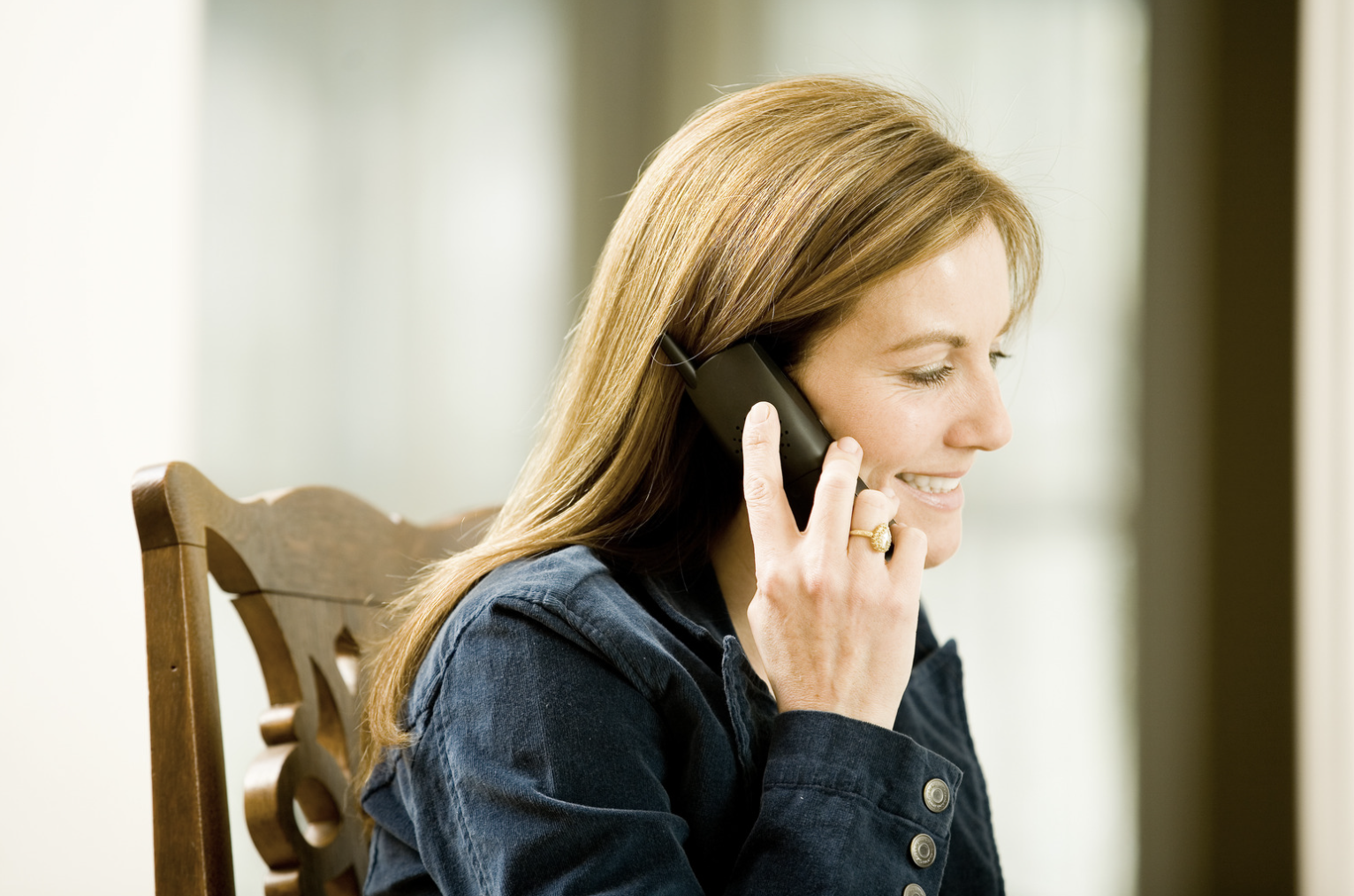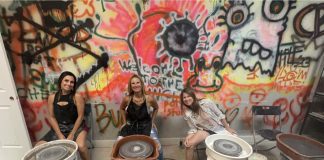 “I’ll message you later.”
“I’ll message you later.”
It’s more commonplace than “I’ll see you later” or even “I’ll call you later.” It’s easier. It’s more convenient. It’s more efficient. But are all these different methods of communication cutting us off from one another a little too much?
Texting, emailing, audio messaging, and social media are becoming the go-to for reaching out and connecting to people. This applies not just to acquaintances but even to family and close friends. But confusion occurs when the line between our 762 Facebook friends and our handful of ride-or-die people is blurred. Unfortunately, the line continues to fade with time by our reluctance to drop by and visit or simply pick up the phone to check in every now and again.
We, as human beings, are shaped by interactions with each other. We are compelled forward by the energy we get from others, both negative and positive. From the world’s biggest self-proclaimed recluse to the “hostess-with-the-mostess,” we all have a basic need to see and be seen, to hear and be heard. Each of us benefits from having our people around us. We have been cut off from one another for way too long, and the shutdown this past year-and-a-half has merely exacerbated the issue. Right now, the onus is on us to start reaching out and connecting again. We need to make the effort so that when society tells us “this is just the way the world is going,” we don’t adopt this way of thinking and stay stuck in the isolated way of life to which the shut down had us conform.
So even if we start small, let’s just start by picking up the phone.


So when the phone rings, let’s take the call. The action itself speaks volumes. It tells that person they are important to us. Even answering to tell them, “I’m in the middle of something. I’ll call you back,” tells them, “What you have to say is important to me, and I want to put aside a special time to hear it.” It validates the people we love. Who doesn’t need that affirmation every once in a while from their people? I know I do.
The shut down was hard on everyone.
For the first time for many, it forced people to experience what true isolation feels like. Some relationships, as a result, grew stronger. Sadly, some experienced just the opposite. But it no doubt left marks on every single one of us. Feelings of confusion, frustration, hopelessness, doubt, sadness, and anger were felt simultaneously all around the globe. A lot of us have gone into survival mode, doing our best to wrap our arms around our loved ones and shut the world out. As a form of protection, we have put our walls up. No one has known what to believe or who to trust. Every answer to every question has contradicted the one before it. Some of us may even battle bouts of paranoia, anxiety and even depression. We have become hyper-vigilant and hyper-aware of everything from sanitizing to distancing to never missing an afternoon news press conference. Shutting down everything has had its long term consequences. We are only now just beginning to see them.
Social distancing and smiling behind masks has taken away so much from us as a society. As south Louisianians, we can see it even attempting to scrape away at our culture. We have convinced ourselves that being home behind our computers and staring at our cell phone screens is “not so bad after all.” Working from home, combined with grocery store and meal delivery services, has us wondering why we even need to leave the home at all anymore. We’ve developed complacency in our need for interactions and interpersonal relationships. Our young don’t know the importance of eye contact. Small children are not seeing facial expressions or learning appropriate reactions to different scenarios.
While this is not a lost cause for this next generation, acknowledging our role moving forward and making an effort to correct it is important. Sometimes this starts with being a little uncomfortable, but it is said that “change begins at the end of our comfort zone.” It may be time for a change. A chance for us to push through this wrinkle that’s occurred through the emergence of smart phones, social media and COVID. Maybe it’s time for us to take down our walls and let people into our lives again, because this world depends on it. Let’s start small by having real-time conversations with the people we love. Let’s start by picking up the phone.
















